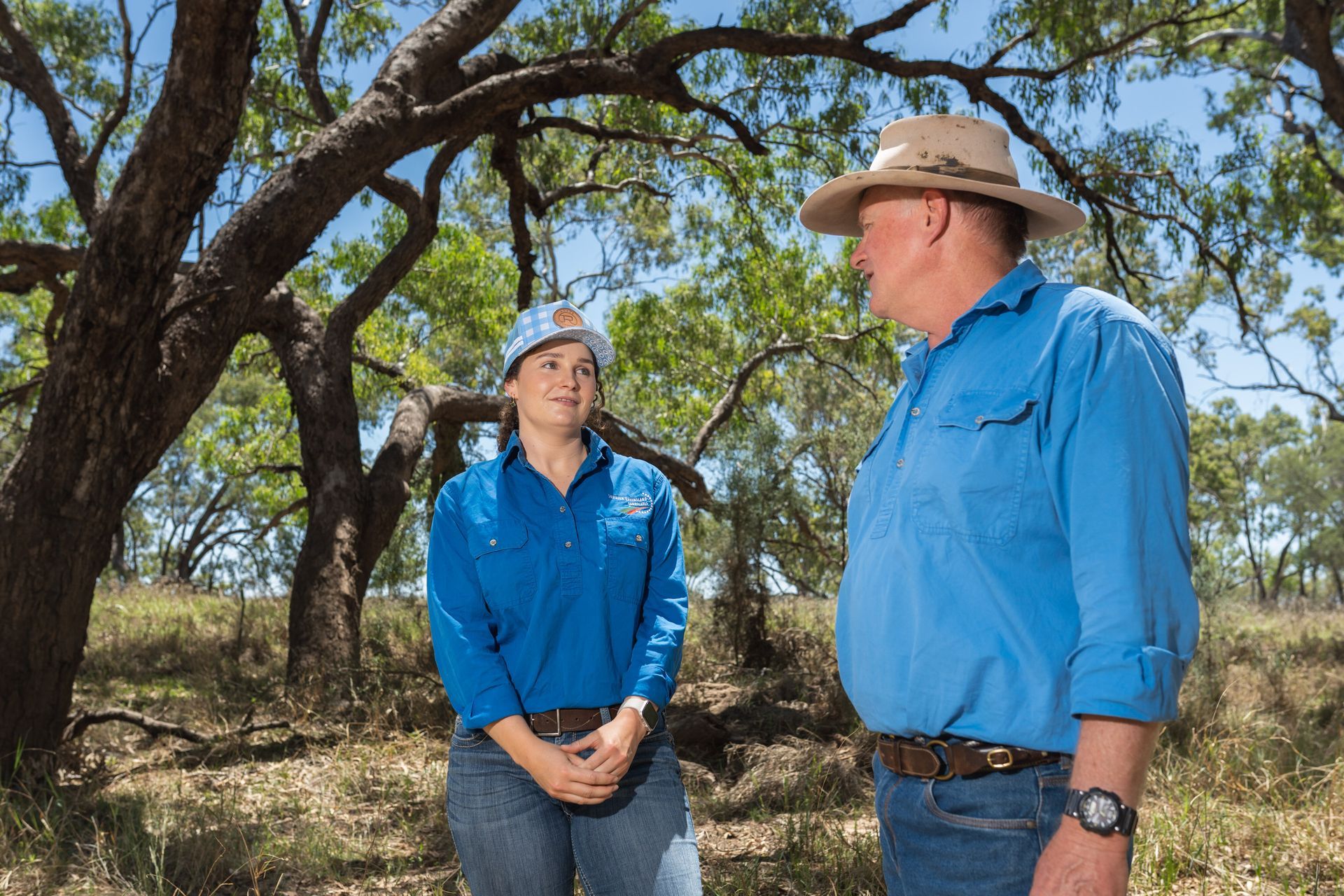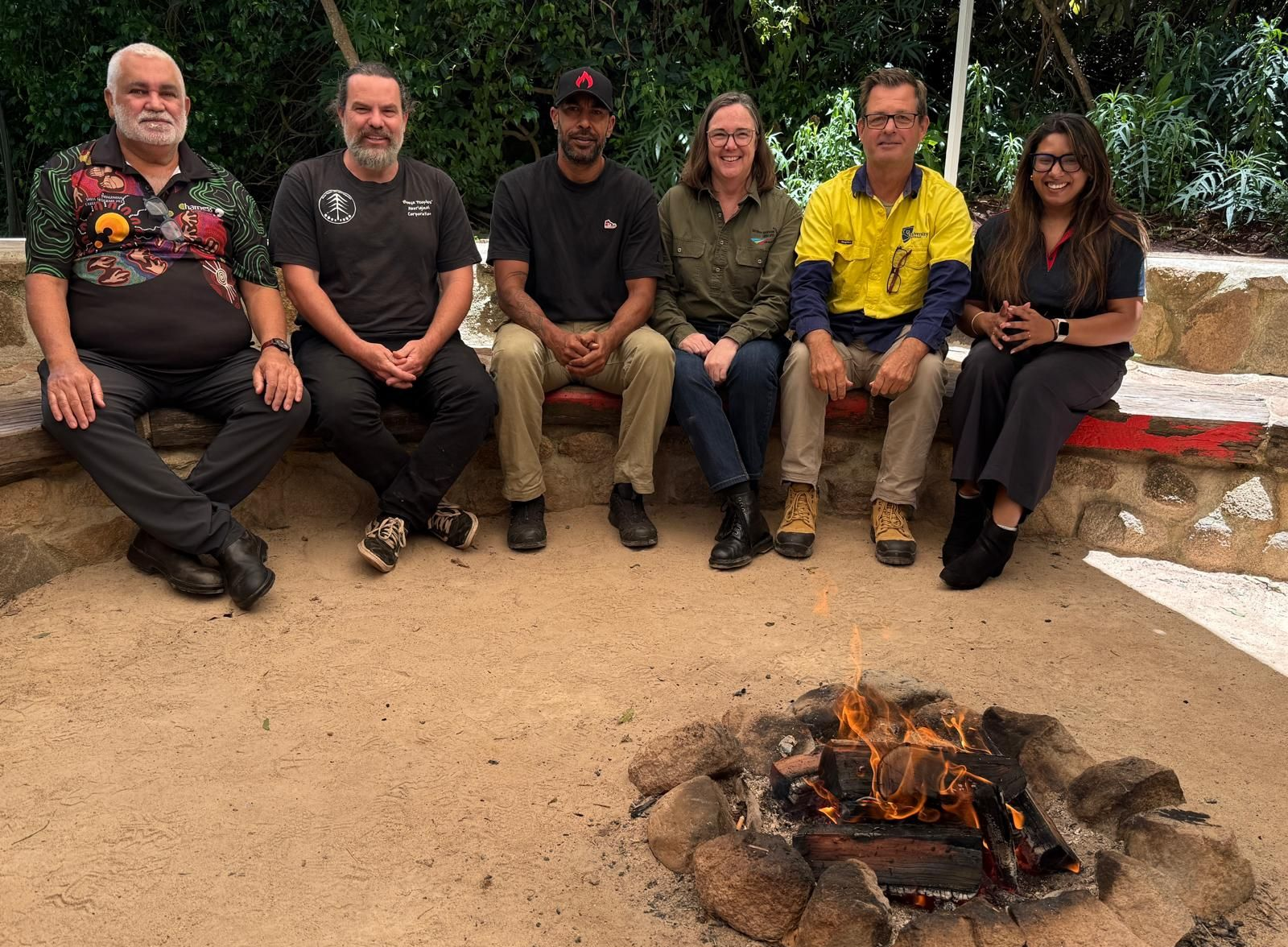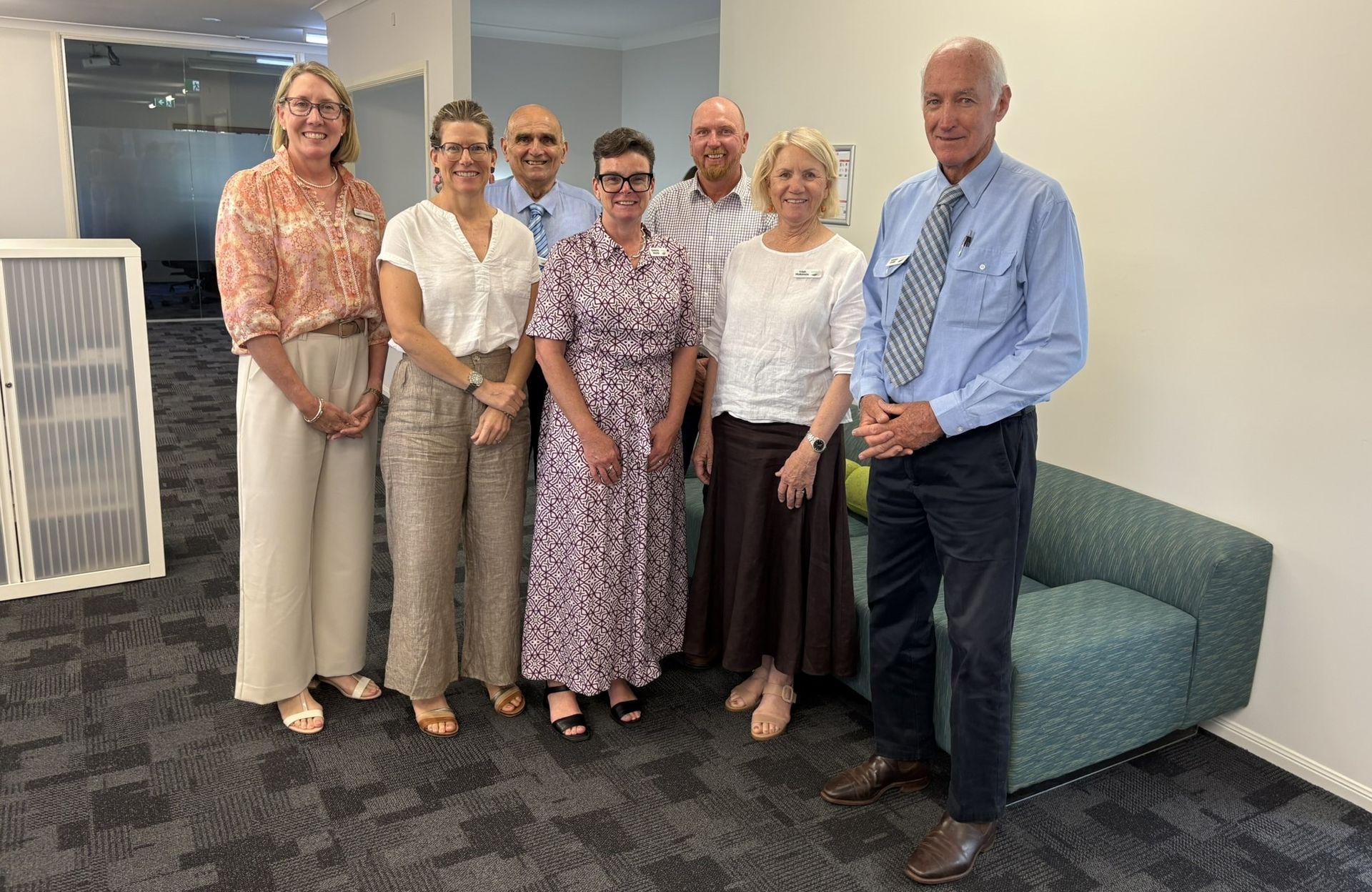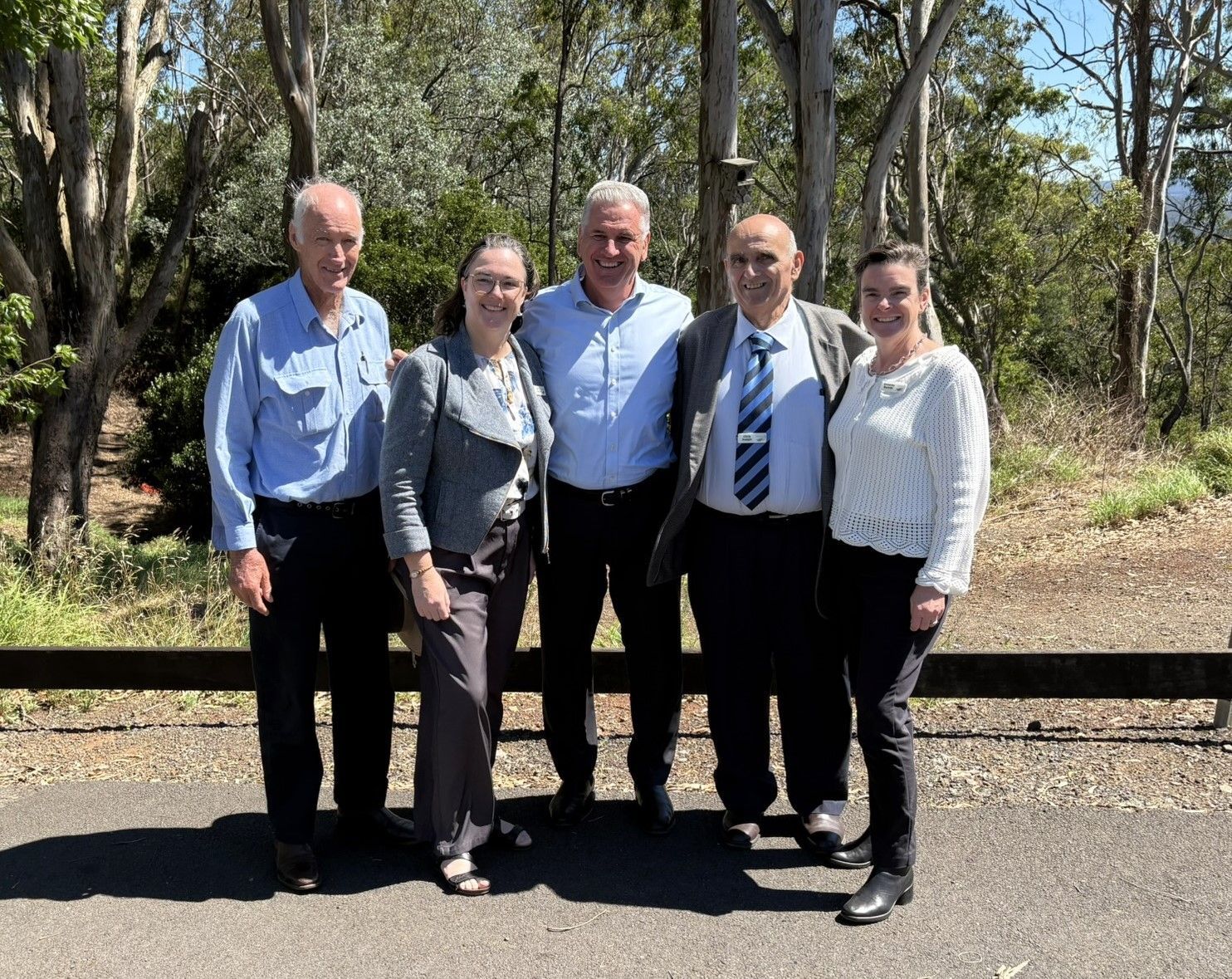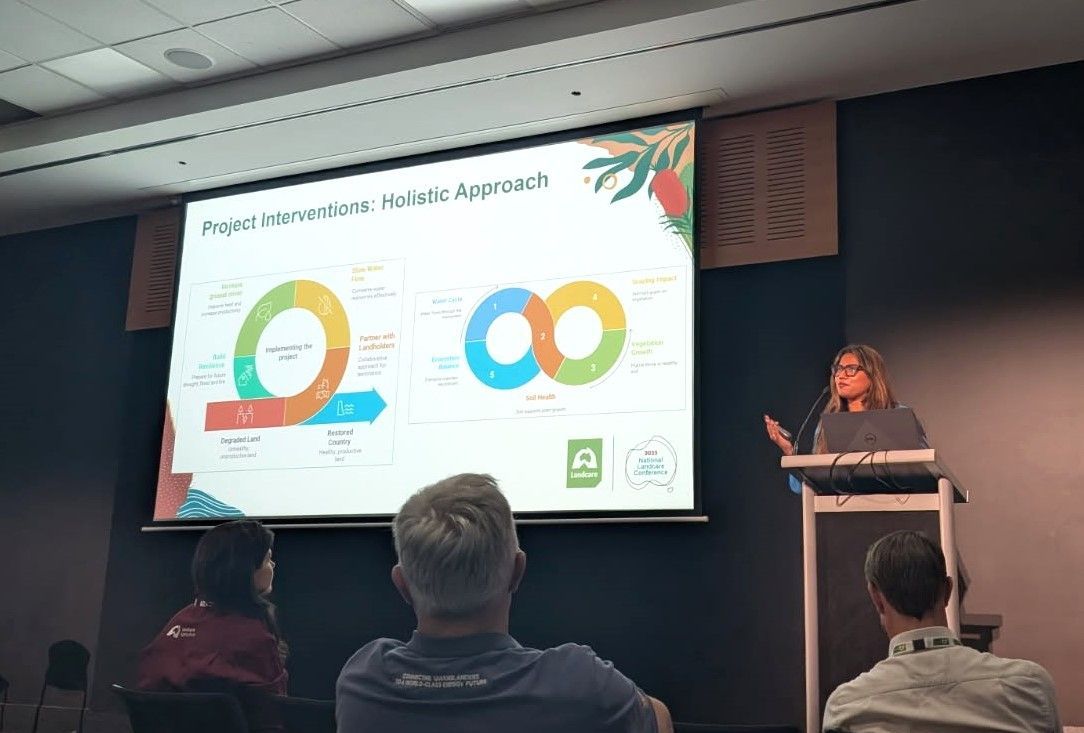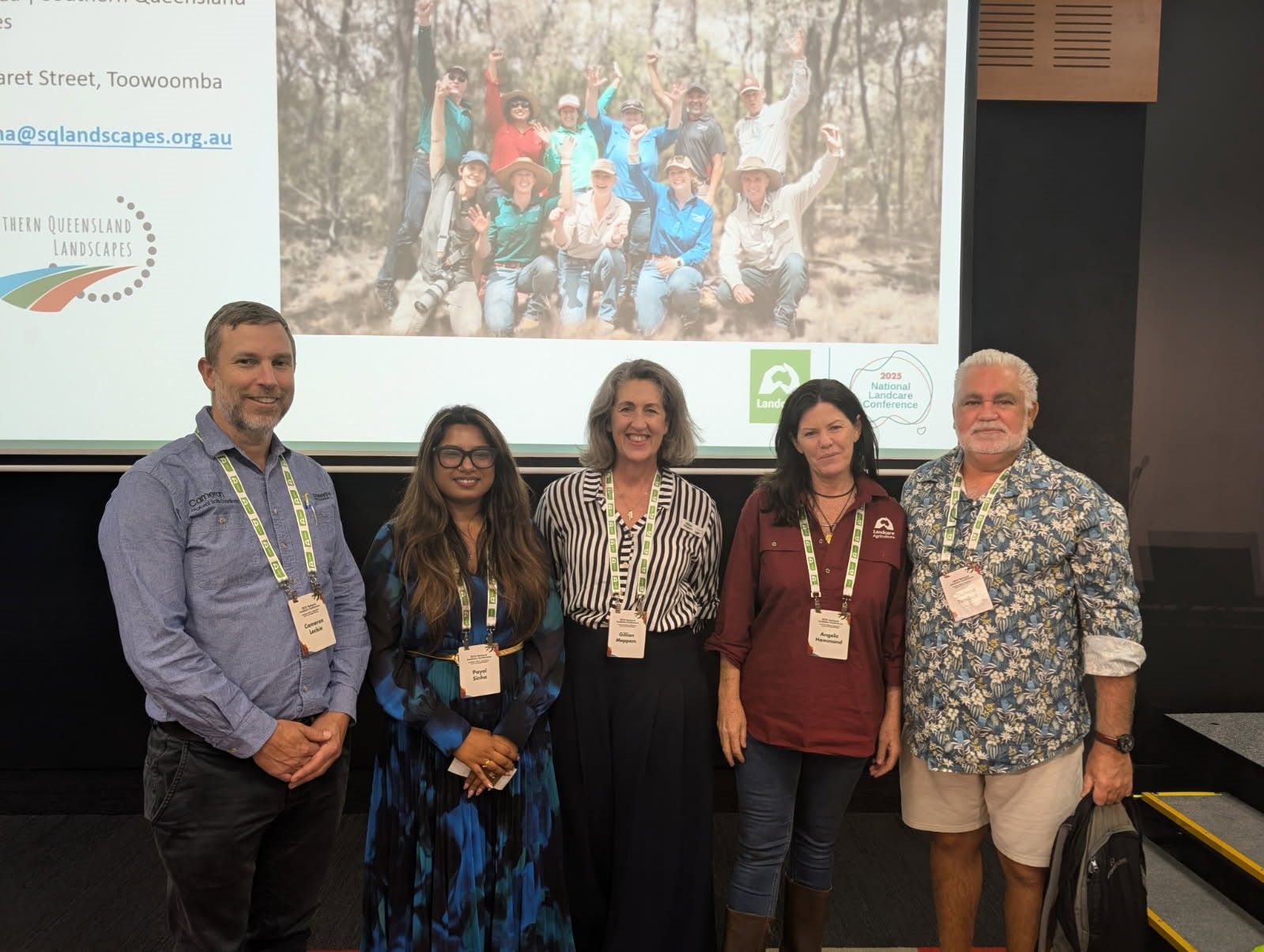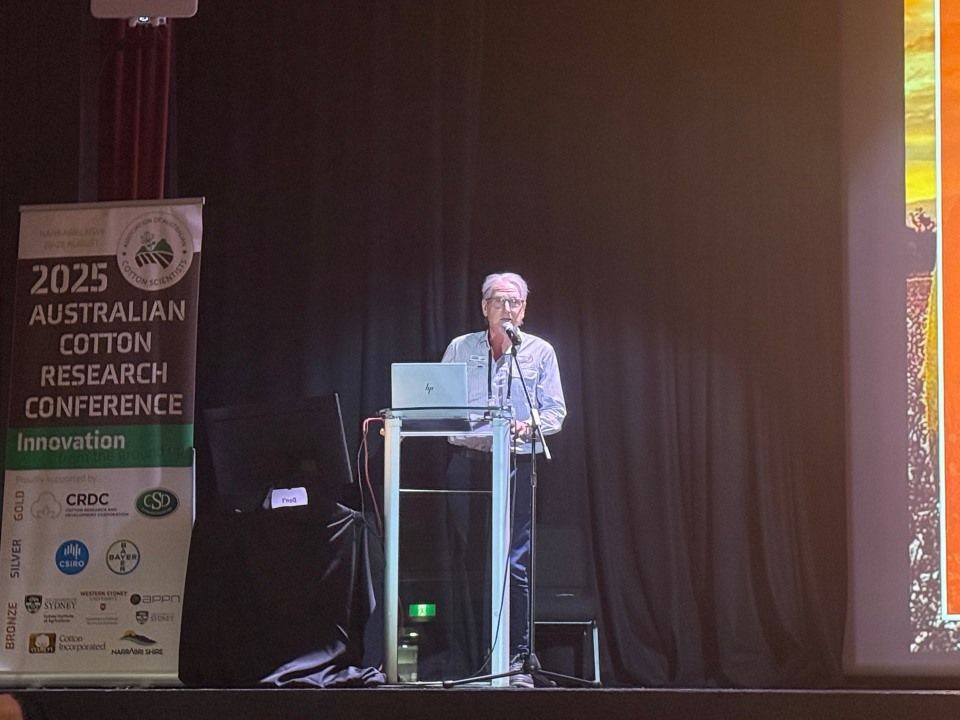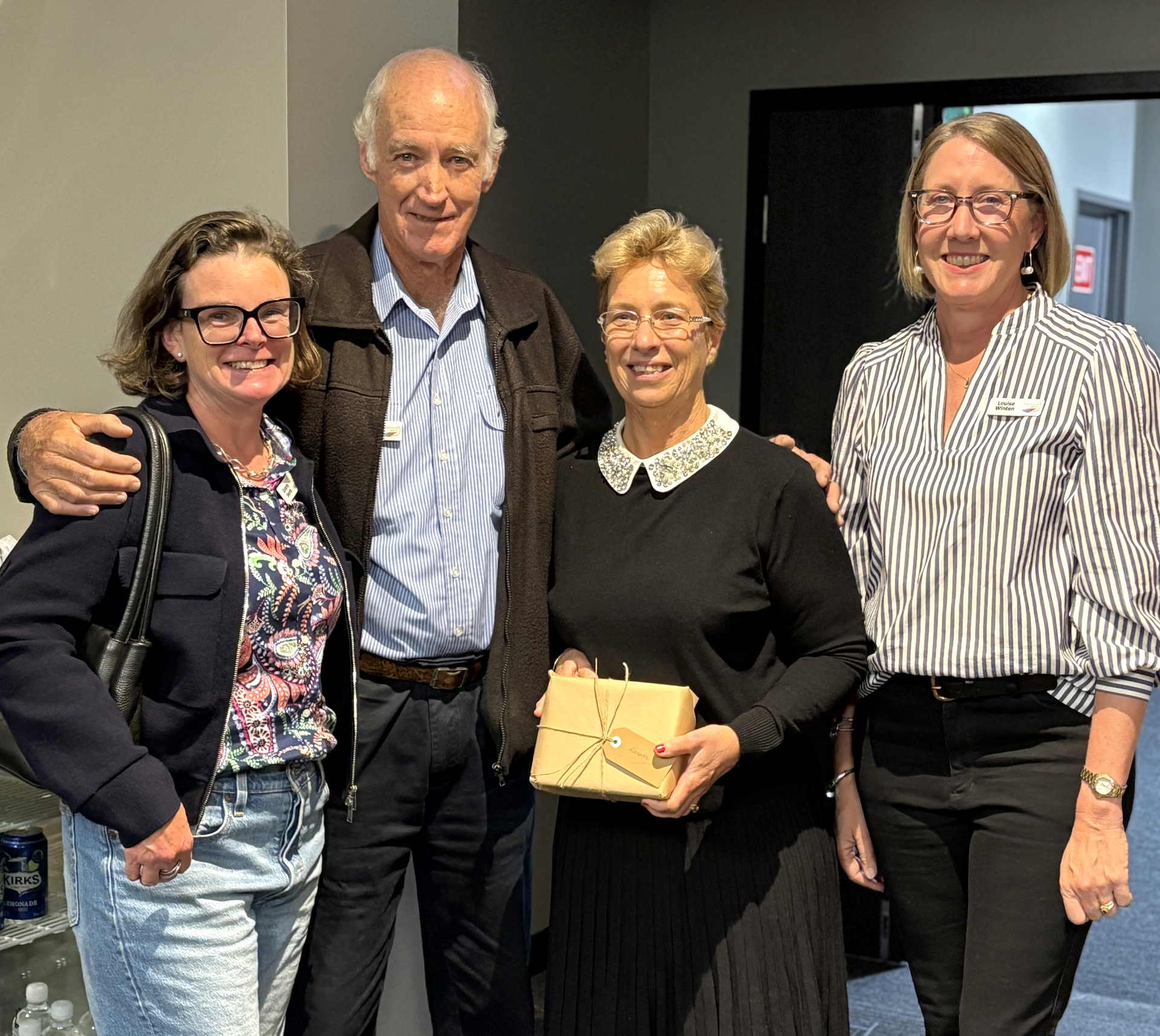Irrigators throughout the northern Murray-Darling Basin have signaled their backing of a $6.6M Federal Government project to protect native fish with the first land manager contract signed.
Project coordinators Southern Queensland Landscapes are delivering the Fish Friendly Water Extraction project on behalf of the Queensland government.
Principal Project Officer Tim Vale said the project has real benefits for both fish and farmers and delivers on the promises of the Commonwealth’s ‘Toolkit’ of environmental works and measures for the northern Basin.
“On the first of December the Federal Minister for Resources & Water, the Hon Keith Pitt MP and Queensland Minister for Water, the Hon Glenn Butcher MP announced the project with a view of protecting millions of fish in the northern Murray-Darling Basin,” Tim Vale said.
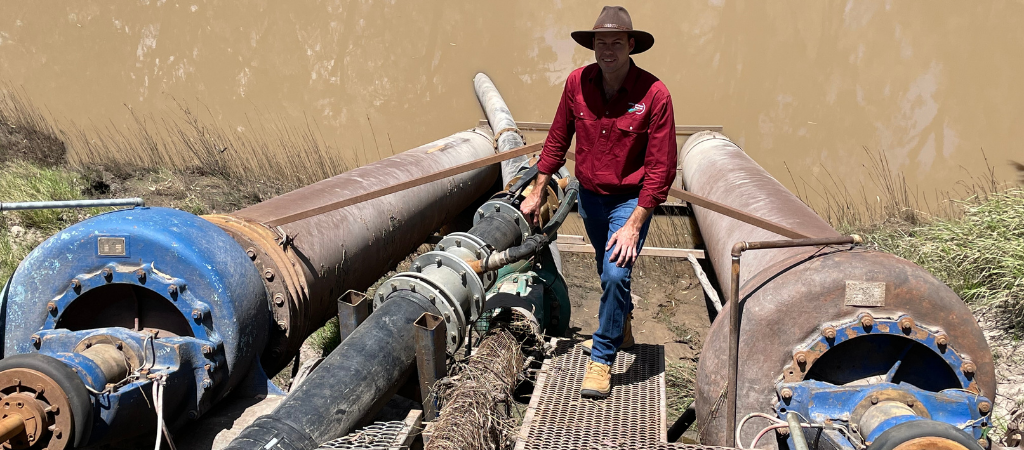
Principal Project Officer Tim Vale will be working with land managers to install fish-friendly water pumps.
“The flow on effect of this tremendous initiative is that it will also reduce costly maintenance and downtime for irrigators; reduce energy consumption saving irrigators money on fuel and electricity bills; and improve water delivery to crops thereby increasing yields and return on investment; which equates to a win-win-win-win for both farmers and fish,” Mr Vale said.
"While today marks the first contract signed in the northern Basin there are several more waiting for final approvals and we are confident of having at least three pump screens in three reaches of the Basin by June,” he said.
Federal Minister for Resources and Water, the Hon. Keith Pitt MP accelerated delivery of the project to ensure benefits could reach communities more rapidly and show the environmental benefits that can be achieved from relatively low-tech, common sense fish protection measures.
"This project is one of 10 Northern Basin Toolkit projects that together keep 70 GL of water in productive use while improving the health of our rivers and wetlands and the animals and plants that rely on them,” Keith Pitt said.
“We don’t need all farmers to install pump screens – but those who do will certainly contribute to the positive outcomes for native fish,” Minister Pitt said.
Queensland Minister for Water, Glenn Butcher welcomed the opportunity to work collaboratively across multiple agencies on this important project.
“We know this project will deliver benefits for the environment and for irrigators and this is a practical way that governments can work together to deliver improved outcomes,” Glenn Butcher said.
“I’m really proud of this project and our involvement and congratulate the first landholders on their foresight to sign up to this program,” Minister Butcher said.
Irrigators in the Border Rivers, Lower Balonne and Condamine catchments will be invited to monitor the success of the project and take part in demonstration days with the view of installing their own fish friendly pump screens.
To learn more about the project visit: https://www.sqlandscapes.org.au/native-fish-friendly-water-extraction.
SQ Landscapes is an independent non-government-organisation (NGO) owned by its community, and is dedicated to helping landholders understand their landscapes, adapt to challenges and be excellent stewards of their country.

